|
*Note: this post contains Amazon Affiliate links. Any purchases made via the links provided go to support our literacy efforts.
Have you ever found that you scout out a destination, pile the kids into the car and spend the better part of the day driving to your activity only to come home and then find out that you had one practically in your backyard? Well that’s what recently happened to me. As you probably know by now, I absolutely love books and I also love nature and combining the two is a win-win situation and so, I love storybook walks. I had found a couple in Ohio and then scanning through the Metro Parent magazine one day, I found that there is one right in Chelsea. The Chelsea District Library, in partnership with Washtenaw County parks, puts up a Storybook Trail in Baker Woods Preserve. Because I am homeschooling right now, I thought a storybook trail would make an awesome field trip and get us out in nature, while still learning, and the story being featured just happened to align perfectly with our current subject focus: maple syrup!
I truly believe that the best way for children, and really anyone, to learn is through first-hand experience and that is what our fieldtrip to H&H Sugarbush Farm provided and the Storybook Trail reinforced all that she saw and learned in a great setting. So look for seasonal goings-on in your area and pair them with a story book for a unique learning opportunity.
Happy learning!
-Kate @ BTBL Author
We are three generations that seek a way to get back to basics. It’s not that we eschew technology, but sometimes simpler is better, especially in raising our children. Mom was a reading teacher, Amanda is an early childhood educator and Kate a children’s literature specialist and former school librarian along with the latest additions, a daughter (now 5) for Kate, and two sons (now 3 and 1) for Amanda. We advocate reading aloud, the simple toys that use imagination and encourage creativity and learning in the kitchen, which can be a fun mess but also teaches life skills. Join us in raising healthy, happy, inquisitive and intelligent children.
0 Comments
*Note: this post contains Amazon Affiliate links. Any purchases made via the links provided go to support our literacy efforts.
Hang tight, parents, we’re halfway there! The word halfway though is very subjective. Could be a good thing and you’re reaching an end point or a bad thing and you’ve left something behind, but either way, you can’t go back and yell, “do over!”
It was in the summer with all this virus mess that I realized that homeschooling was going to be the best option for both my daughter and myself, though not without some stress. Mine, not hers. I tell myself that it’s only kindergarten but know that one always needs a strong foundation to build upon and so these early years do matter, so back to stressing. Then I read a blog from a homeschooling mom who said that if she had to do it all over again, she would relax more, read a ton of books and slow down, basically stopping to smell the roses as the saying goes. Slow down and see the value in the small things not missing opportunities that might pass by. And that’s just what I’ve done. I’ve slowed down and look for the everyday teachable moments that might be turned into extended learning opportunities and the end result has been a happier child filled with curiosity and imagination, excited to learn.
I can’t redo the first half of her “school year,” but I’m not sure that I would want to because making the changes that I have has shown me just how unimaginative and limiting sitting in front of a computer screen and filling out worksheets can be and that learning doesn’t have to be just during the hours of 8:00 to 3:00. I haven’t given up all computer work and still offer worksheets and wipe clean boards but I’ve been reading books throughout the day and have found that learning can also take place when you least expect it. For example:
These are just a few of the things that I’ve been doing with my daughter that shows me how her curious mind fuels her thirst for knowledge and how excited she gets to find the answers, and as we say that we are lifelong learners, I too have been learning new things when we do our searches. Don’t ever be afraid to tell your children that you don’t know something. It shows them that learning is a life long process and that we all can learn something new, as well as how to go about finding an answer to their question.
“Never stop learning, because life never stops teaching.”
Happy learning!
-Kate @ BTBL Author
We are three generations that seek a way to get back to basics. It’s not that we eschew technology, but sometimes simpler is better, especially in raising our children. Mom was a reading teacher, Amanda is an early childhood educator and Kate a children’s literature specialist and former school librarian along with the latest additions, a daughter (now 5) for Kate, and two sons (now 3 and 1) for Amanda. We advocate reading aloud, the simple toys that use imagination and encourage creativity and learning in the kitchen, which can be a fun mess but also teaches life skills. Join us in raising healthy, happy, inquisitive and intelligent children.
*Note: this post contains Amazon Affiliate links. Any purchases made via the links provided go to support our literacy efforts.
If you are a parent of a young child, you know that they are continually growing both in stature and in cognition and therefore, ability. Like any construction project that needs a strong foundation, brains are also built upon a strong foundation and a child’s experiences and interactions help to make their foundation solid. During early childhood, the brain undergoes a series of extraordinary changes with connections forming between the brain cells at a rapid pace. Connections that are regularly used will be kept and those that are not will be eliminated. Because children are learning everyday through experiences, it is important to offer a variety of experiences to learn from as well as repeated experiences. Repetition helps children develop and master new skills as well as allowing them to construct meaning of their world and how they fit into it. Repetition promotes learning and can also be achieved through daily tasks and routines such as making meals and baking in the kitchen. Introduce learning in the kitchen through:
While adults crave variety, preschoolers thrive on repetition. When preschoolers do things over and over again, they develop and master new skills while also constructing new understandings of their world. Think of how people master a new skill such as baking or playing a musical instrument. It takes repetition and practice. As preschoolers repeat and practice a variety of skills, they build their proficiency in those skills, which in turn leads to greater self-confidence.
Working in the kitchen also teaches children about cause and effect. Sometimes a recipe might not turn out the way you thought because a step was missed, measured incorrectly or misunderstood. A child can learn from the mishap and repeating the recipe will help them to master the task and allow for success, building confidence and self-esteem. It will also demonstrate to a child that their actions have consequences, both positive and negative. A fun watch to include might be 'Little Bear and the Cupcakes' where Emily and Little Bear’s muffins turn out hard as rocks because they forgot to add baking powder.
Another way that learning occurs in the kitchen that has a pedagogical association is learning by teaching and we aren’t talking about the parent as the teacher but your child. When a child becomes the teacher, understanding is on a deeper level because the child has taken ownership of their learning. This has also been termed the protégé effect, “a psychological phenomenon where teaching, pretending to teach, or preparing to teach information to others helps a person learn that information.” I remember watching my mother in the kitchen and then later as an adult thought, “no problem, I can handle that” only to discover that it wasn’t working out the way I thought it would. But when I had to do it myself and explain to another what I did or how to do it, it stuck in my mind because I had to struggle to gain an understanding of it and make it clear enough in my mind to explain it to my own child. First hand knowledge is always the best and when someone can explain it and teach it to another, a deeper understanding has been gained and perhaps has even allowed that person to see it in a new way putting a whole new twist on it, fueling the imagination. So, as you cook with your child, have them explain to you what they are doing and why and make sure that you offer opportunities for pretend play to extend the learning.
“Education is an admirable thing, but it is well to remember from time to time that nothing that is worth learning can be taught.”
|
AuthorWe are mom Sandra and daughters Amanda and Kate, all with backgrounds in literacy and education, who want to share our philosophy of taking the basics of life; books, simple toys that encourage play, imagination and creativity, and using cooking and baking to teach math and real life skills to raise happy, inquisitive children. Join us in exploring the old and the new and sifting through the myriad of research to consider what is best for our children. Archives
June 2022
Categories
All
|
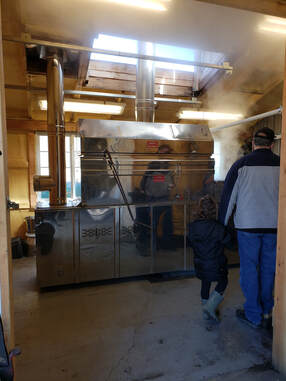
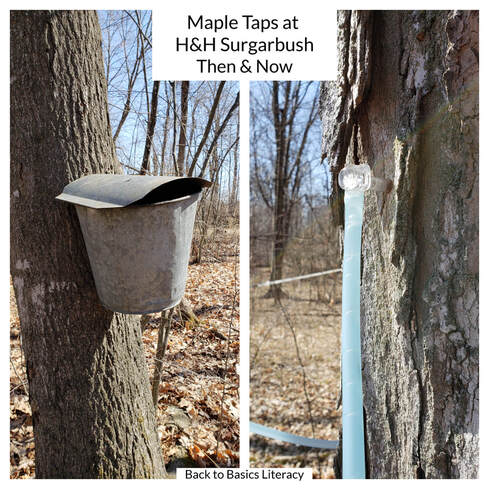
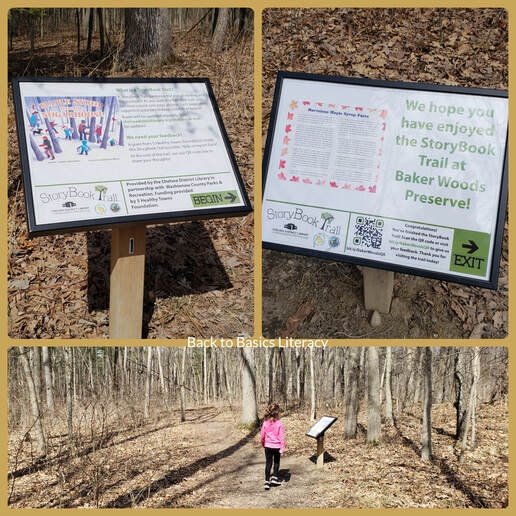
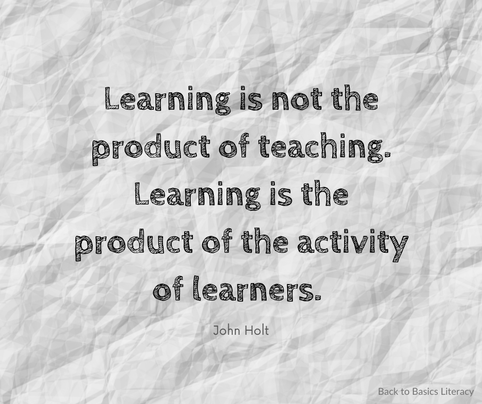


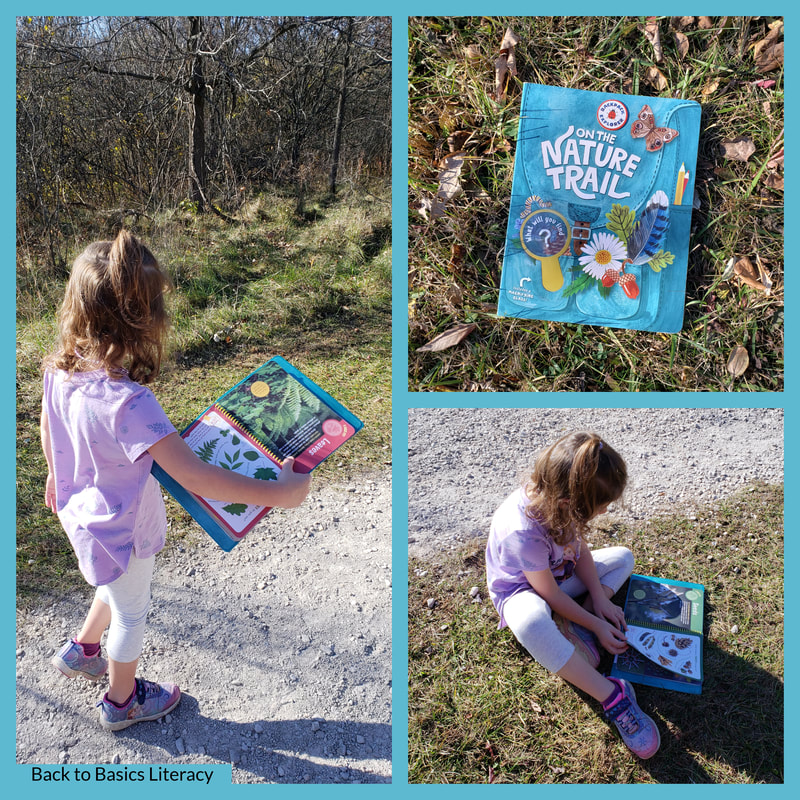
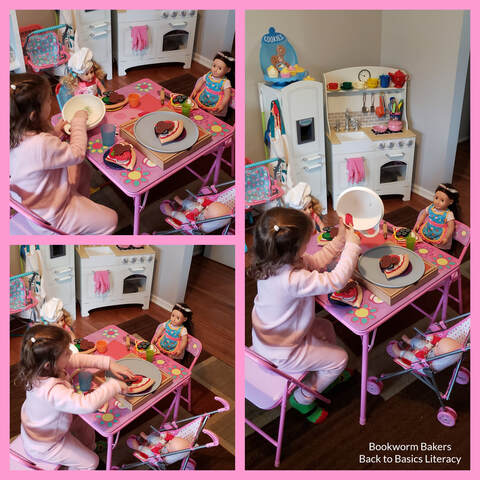
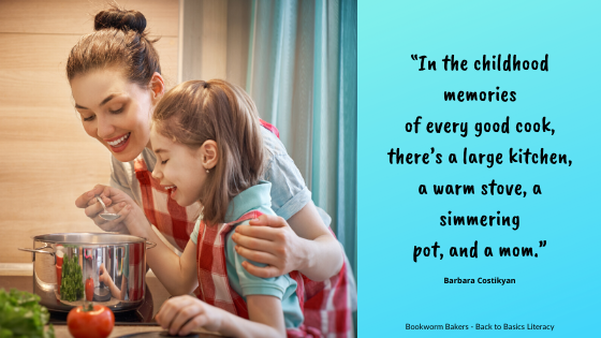
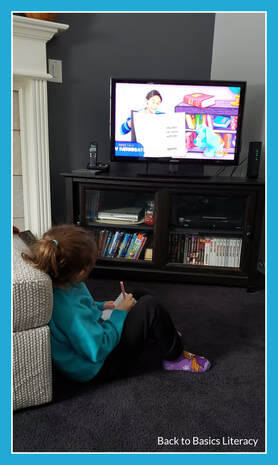
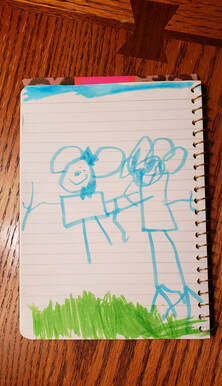
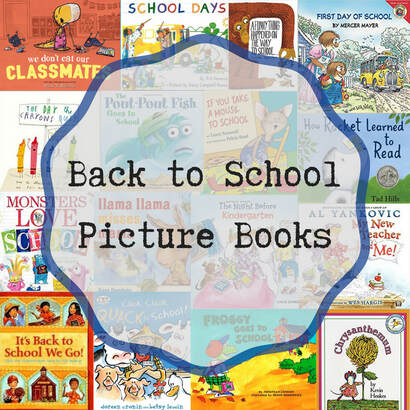
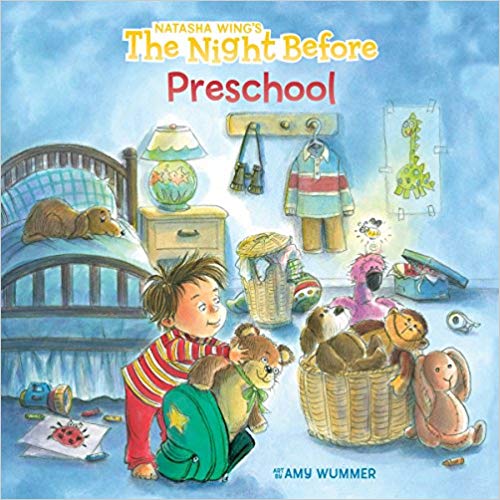
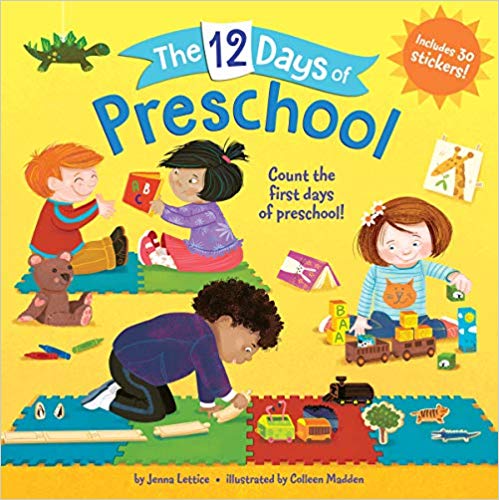
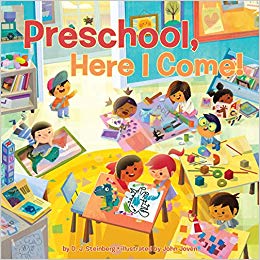
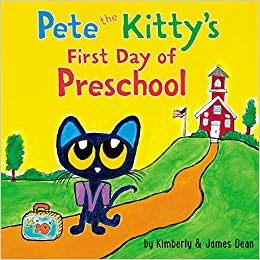
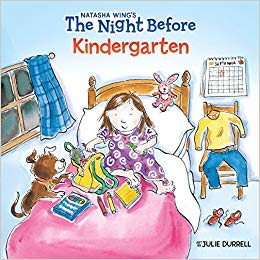
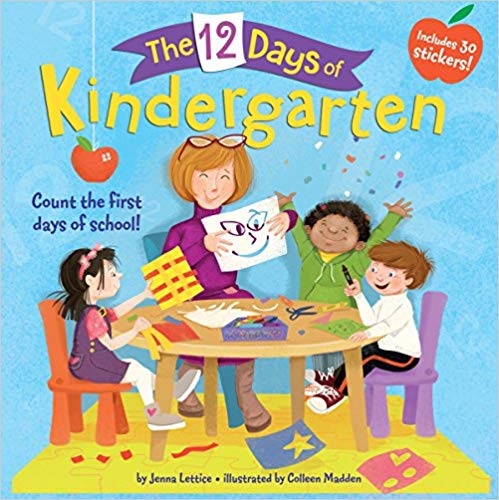
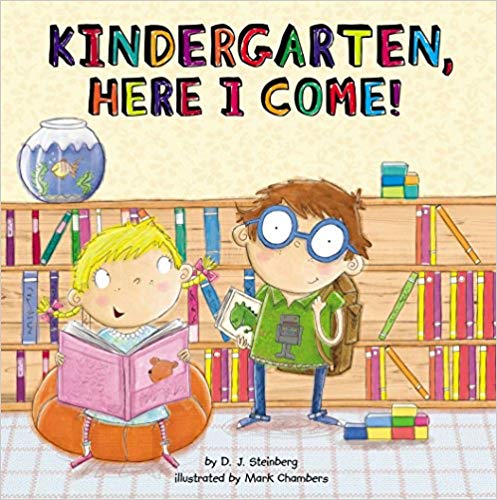
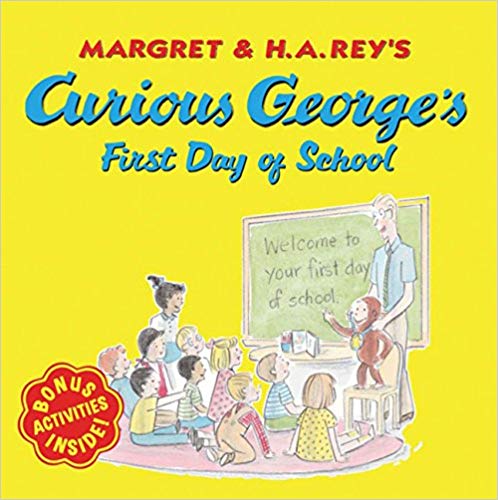
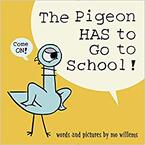
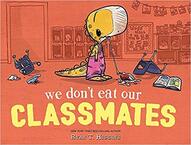
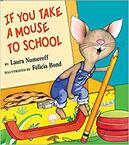
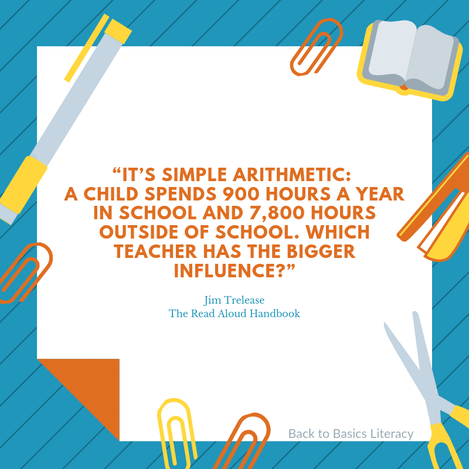
 RSS Feed
RSS Feed